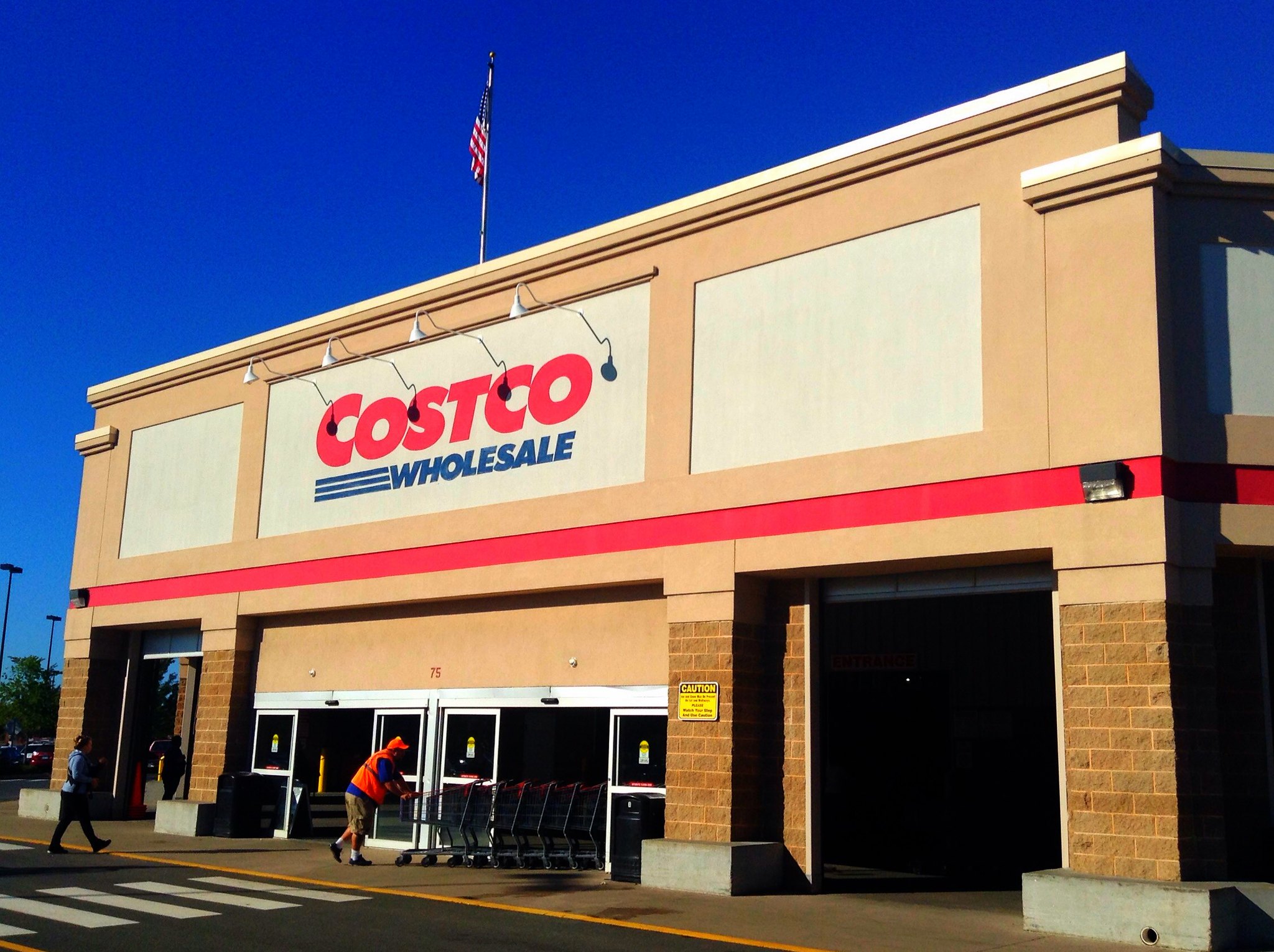Getting products into warehouses then out to customers has been a difficult challenge due to ever changing geopolitical events. Could technology play a part in changing behaviours?
In this series of features – originally published in the 2022 Global Ecommerce Region Report – DeliveryX looks at ecommerce logistics on different continents including Africa, Asia, Europe, Middle East, North America and South America.
DeliveryX also spoke to Dr Christos Papanagnou, senior lecturer in logistics engineering at Aston University.
While supply chain disruption seems to be easing following the pandemic, geopolitical and macroeconomic issues are still ongoing. Should consumers and retailers expect more empty shelves and lengthy delays?
The recent geopolitical crisis shaped mainly by the Russia Ukraine war has had an enormous impact on global supply chains. The flow of goods has been impeded, leading to cost increases and product shortages, which has a tremendous impact on consumers. The macroeconomic crisis that causes anxiety for millions of UK households and pressure on supply chains is set to last throughout 2022.
Consumers will continue to experience shortages of some products along with price gouging, especially for imported products. The expectation is that fleet management and supply chain networks will continue to face disruptions and will become less responsive to increasing customer requirements.
Rising shipping costs are a concern for retailers selling online and looking to export. Can ecommerce retailers deal with these rising costs, or will they have to reconsider shipping abroad?
More than half of companies have changed their UK based suppliers as a result of escalating supply chain issues, while 40% have switched providers outside the UK. With the prices of certain products going up even after the pandemic, the logistics sector faces new challenges as companies quit their existing distribution channels.
Ecommerce has traditionally had a positive impact on direct exports and a negative influence on indirect exports. While ecommerce does help companies run resilient supply chains, these chains have a minor effect on indirect exporting. Therefore, companies may focus on to Direct-to-Consumer business models and ship goods without relying on traditional bricks-and-mortar storefronts or intermediaries.
Companies should be aware, however, of the associated costs of shipping abroad and should always consider sea freight over air freight, compare shipping quotes and contact shipping companies well in advance.
As the number of people shopping online increases, how is the logistics sector adapting?
In emerging situations such as the Covid-19 pandemic, logistics managers should recognise the importance of developing and maintaining holistic technology-based management systems, tools and processes to address supply chain risk and disruptions. This constitutes a starting point for establishing robust models that will respond more effectively to changes in customer shopping behaviour, product ranges and value, model different risk scenarios and apply probabilities to provide a decision tree and likelihood of ‘emergencies’ affecting retail SCs. It is important to modernise the logistics sector by investing in data-driven digital transformation to prevent and mitigate risks.
Furthermore, predicting the outcome of risk scenarios and the increase in home deliveries or sales of products can become very challenging. Therefore, logistics managers should actively develop intelligent decision-making models to cope with the unprecedented demand levels and elaborate agile supply chains to handle online deliveries in shorter times.
As many shoppers look to make more sustainable buying decisions, what is the logistics sector doing to ensure it is more environmentally friendly?
Companies should bring forward sustainability initiatives by investing in advanced technologies such as predictive analytics and the Internet of Things. Data analytics and acquisition technologies enabling data sharing and realtime communication across the supply chain have become essential elements to model risks and provide more environmentally friendly services, products and solutions.
Logistics managers should also invest in digital skills and training for their employees to establish supply chain resilience efficiently. The logistics sector needs people in critical positions, such as at fulfilment centres, to have access to the predictive analytics skills needed to respond effectively to global events and move towards sustainable supply chain risk management.
This feature originally appeared in the 2022 Global Ecommerce Region Report.









